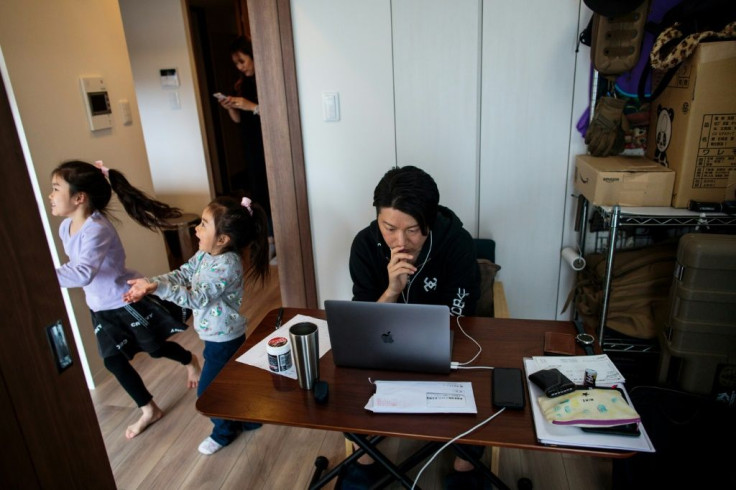The Best Ways To Track Remote Workers

As working from home becomes the new normal, employers naturally have concerns about monitoring their employees' productivity. Of course, a strong company culture is built on trust: If you don't trust your people to work unsupervised, they shouldn't be on your payroll in the first place. With that in mind, there are plenty of ways to manage and supervise your remote employees while not compromising that trust--not to mention, invading privacy or breaking the law.
Focus on KPIs
The first step is to think in terms of counting results, not hours. What are the key performance indicators (KPI) for each employee? What determines their value? Communicate that in this era of remote work, it's work flow, rather than a time log, that you will focus on. If employees can work less hours but meet or exceed their KPIs, great.
Instant Message Groups
Let employees know that you will use a messenger app like Slack to contact them as a team and individually. Don't overwhelm them with messages throughout the day, but when you set the expectation that you are active on whatever group you choose, employees will monitor the channels; and of course, they can get alerts when a posted directed to them or the entire group gets posted. throughout the day.
Video Conferencing
Whatever your video conferencing app of choice is, have a morning, midday or wrap-up meeting at the end of the day with your team. Sure, it's a great way to gauge productivity but it can also be used to offer encouragement, ask how people are doing, and laugh a little. Working at home is isolating, and staffers need interaction. Just keep the chats short.
Personal Check-ins
An employee that knows that their company cares for them is the single best way to get the most out of the person. Schedule a personal, one-on-one call at least weekly just to check in, see how they're doing and how you can help.
Stronger Surveillance Measures
If work isn't flowing smoothly, even after a period of adjustment to the new routines, you can explore some stronger surveillance measures for your stay-at-home staff. However, you should use these metrics as a means of coaching, rather than accusation.
- Track VPN Time: If employees have to log into company computer systems to work, your IT company should have set up a Virtual Private Network (VPN) for a secure connection. You can monitor when people are logged in and for how long. Of course, someone can maintain the connection even when they aren't at their computer, so VPN isn't a perfect gauge of productivity. But it's a start.
- Audit Logs: Most cloud platforms have audit logs that show the activity of each person. You can pull those up and sort by user and gauge their activity
- Company Phones: Your company phone service should be logging calls and many will record phone calls. If your employees spend a lot of time on the phone as part of their job, this is a highly effective way to gauge productivity.
How Not To Monitor
As an IT professional, I'm often asked about other surveillance measures, like logging into an employee's computer and checking their work without their knowledge. Or having asking employees to install and run a camera on their computer so managers can track their movements.
These are possible but bad ideas. First, you don't have time to monitor employees that closely. Second and more important, unless they're working on a company-issued device, these actions raise real privacy concerns. Even if the equipment belongs to you, legal issues could still arise. that's the level of supervision they require, you should strongly consider rehiring for the position.
Cut Them Some Slack
Finally, cut the stay-at-home staff some slack, and I don't mean the app. Remember, workers are now homeschooling children, looking for food and toiletries that are in short supply, and trying to plan activities that don't involve anything but what they have in the house--all while doing their jobs. They need your support and encouragement, even if KPIs show a little dip.
And by the way, according to a recent NordVPN study, an analysis of VPN metrics reveals that since the COVID-19 crisis started, at-home employees are logging two to three more hours of work than they did at the office. You probably have nothing to worry about.
Tim Parker is co-founder and President of The Web Group, an IT consulting firm based in Florida.
© Copyright IBTimes 2024. All rights reserved.





















